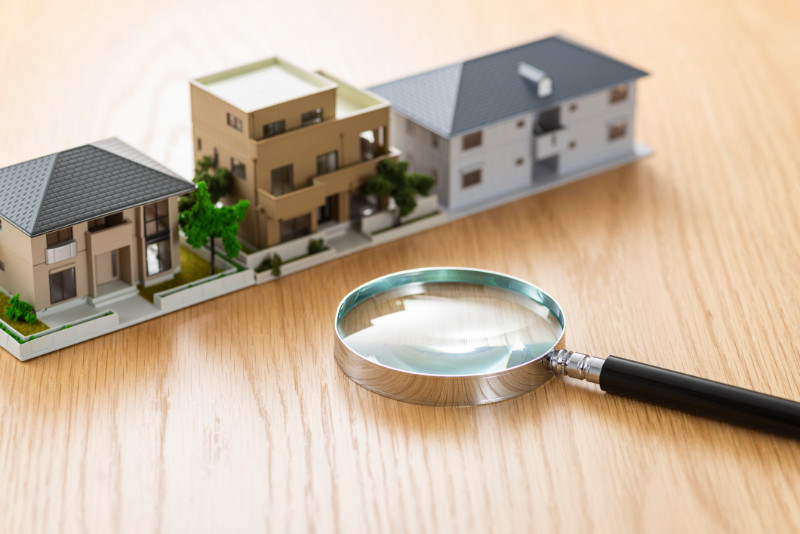What to look for during a routine rental inspection

Owning a rental property can be a great way to earn passive income. However, being a landlord also entails several responsibilities, one of which is conducting rental inspections.
The purpose of these standard inspections is to ensure that the property being rented out is properly maintained and contributes to the tenants’ good quality of life. It also safeguards the owner’s financial investment and – if handled properly – can forge goodwill between landlord and tenants. Seeing that the owner cares about the property and is willing to finance its upkeep, a good tenant will give back by lending the same care to the unit they are renting.
Types of rental inspections
There are four types of rental inspections:
- Move-in inspection. This ensures that the potential tenant and the landlord are on the same page when it comes to the condition of the property.
- Move-out inspection. This helps a property owner to gauge the extent of repairs needed before another tenant moves in. It also determines if the previous renters could get their deposit back in full.
- Routine inspection. Ideally done every three to six months, this keeps the property owners in the know regarding the condition of the rented unit.
- Drive-by/surprise inspection. The landlord need not ask for permission to conduct this inspection from the tenant as this only involves checking the exterior of the property.
This article will delve into the routine inspection as this is done most often in property management compared to the other inspection types.
Routine inspection checklist
A property owner’s list of areas, fixtures, and amenities to inspect may be long or short, depending on the type of property being rented out. Below are the basic aspects of a rented unit that commonly appear in this list:
- State of flooring and carpets. Floors and carpets experience the most wear and tear out of all the facets of a home. Landlords should check if the damage is a result of normal usage. If so, repairs or replacement should be done to nip further damage in the bud.
- Signs of leaks and water damage. Like flooring, leaks should be addressed right away lest it becomes a bigger problem. Property owners should check under the sink, by the faucets, and on running toilets for any signs of water damage.
- Presence of pests. A perfect home can be destroyed over a short span of time if overrun by pests. This may also be a sign of unsanitary conditions due to tenant neglect. Whatever the case, both tenant and landlord need to draft measures to solve this pest problem immediately before it extends to other rented units.
- Condition of the cooling system. Texas weather is notoriously extreme. The intense heat and humidity in the area can take a toll on a home’s cooling systems. To make sure the HVAC won’t conk out anytime soon, routine checks are needed. Property owners should also hire technicians to check and clean HVAC units at least once every year.
Protocols for routine inspections
Keep in mind that both landlord and tenant have their respective rights, especially when it comes to routine and surprise inspections. If you are the owner of a rental property, it’s best to know how to deal with these responsibilities without incurring any legal liabilities.
Here are a few steps to take as a good rule of thumb:
- Do give prior notice. For Texas rental properties, there is no specific time frame indicated before a routine inspection can be conducted. But Texas property management advisers like LeaseRunner recommend a 24-hour leeway as an ideal time to give proper notice.
- Don’t take photos inside a unit without permission. Landlords should seek permission from their tenants before taking pictures of their homes. Once allowed, it is still best to leave personal items out of the picture to protect the tenant’s privacy.
- Do make sure the tenant is around. It makes good sense because should the landlord have questions regarding the state of certain aspects of the unit, the tenant can provide answers. Most tenants will also prefer that they be present during said inspections in case justifications for damages are needed.
Finding the right real estate investment becomes easy with Berkshire Hathaway HomeServices Caliber Realty. This team of real estate professionals can provide recommendations for prime investment properties in College Station and Bryan, TX, as well as in the larger Brazos Valley area. Call the team at 979.694.8844 or send an email to sales(at)bhhscaliber(dotted)com for the best advice that translates to great returns in your real estate investment.


